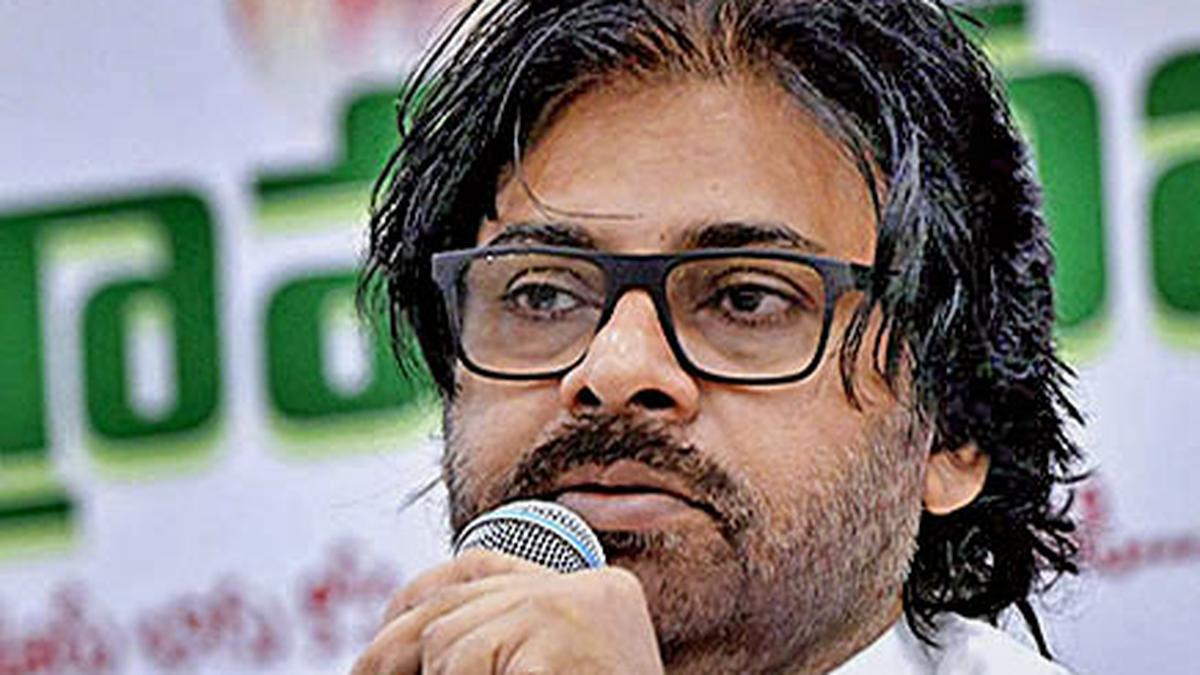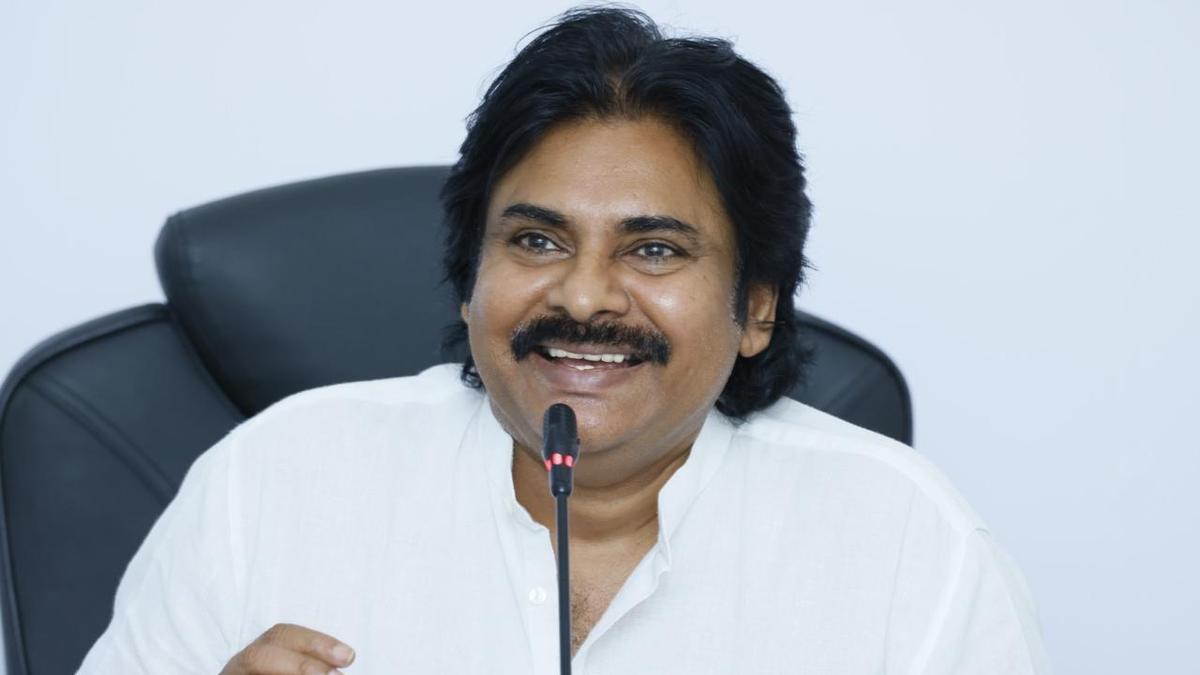
Feb 2, 2025
Pawan Kalyan's Call to Protect Andhra Pradesh's Wetlands: A Collective Responsibility
As World Wetlands Day approaches, few may realize the hidden gem that wetlands are for ecological balance. Deputy Chief Minister Pawan Kalyan, in a re
9 Minutes Read

Jan 27, 2025
Pawan Kalyan's Vision for Andhra Pradesh: Navigating Coalition Politics and Public Sentiment
As political tensions rise, it’s not just policies that matter, but people’s connection to them. Reflecting on personal stories of political engagemen
10 Minutes Read

Jan 25, 2025
Upcoming Telugu Blockbusters to Watch Out for in 2025
As a passionate follower of Telugu cinema, the buzz around 2025's lineup of films has been exhilarating. With fans eagerly waiting for Pawan Kalyan’s
10 Minutes Read
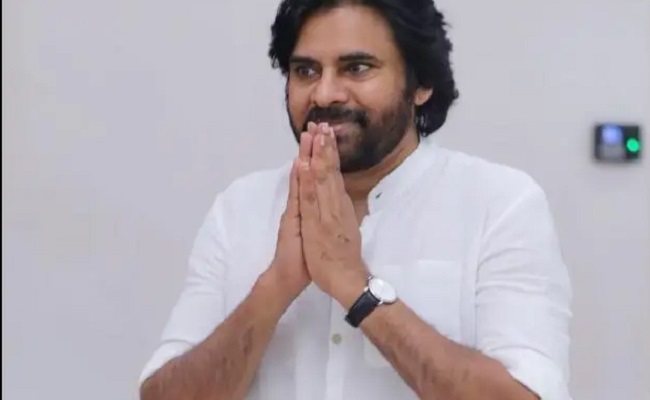
Jan 25, 2025
The Political Pathways for Pawan Kalyan: Analyzing His CM Aspirations
In the vibrant and often unpredictable landscape of Andhra Pradesh politics, few figures ignite as much fervor as Pawan Kalyan. Known for his cinemati
11 Minutes Read
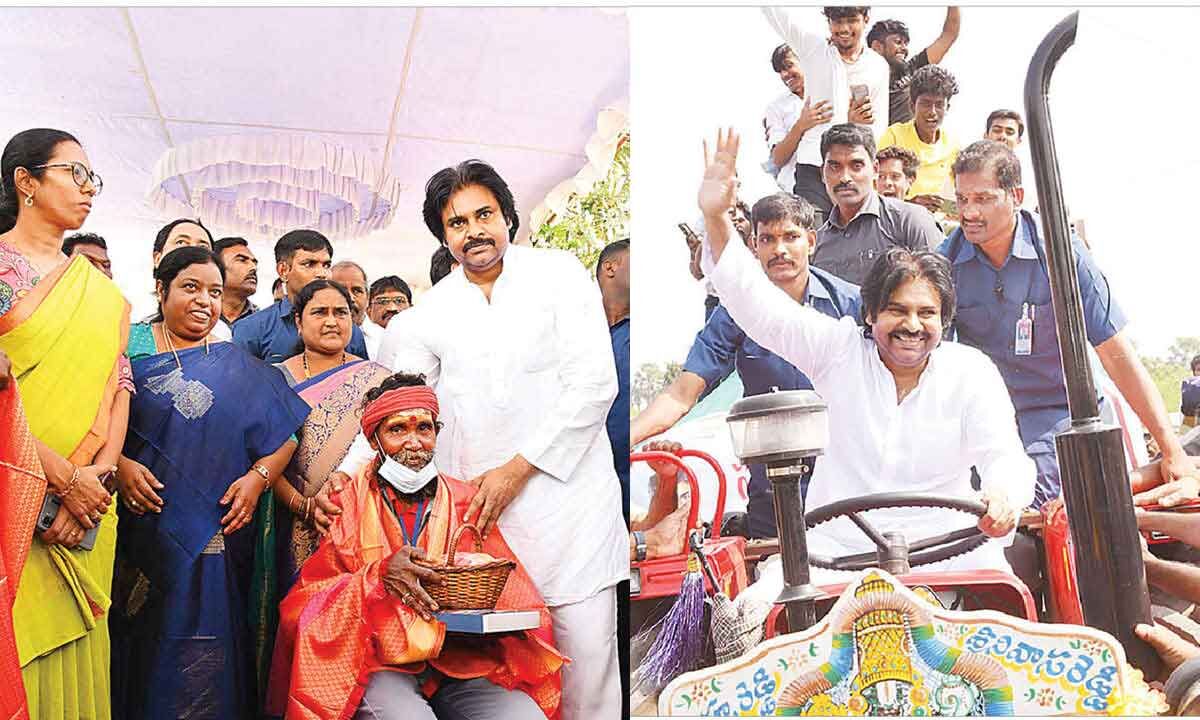
Jan 19, 2025
Pawan Kalyan Champions Swachh Andhra: A Call to Cleanliness
When you think of public figures making a lasting impact, Pawan Kalyan stands out as a champion for social awareness and community action. His recent
10 Minutes Read
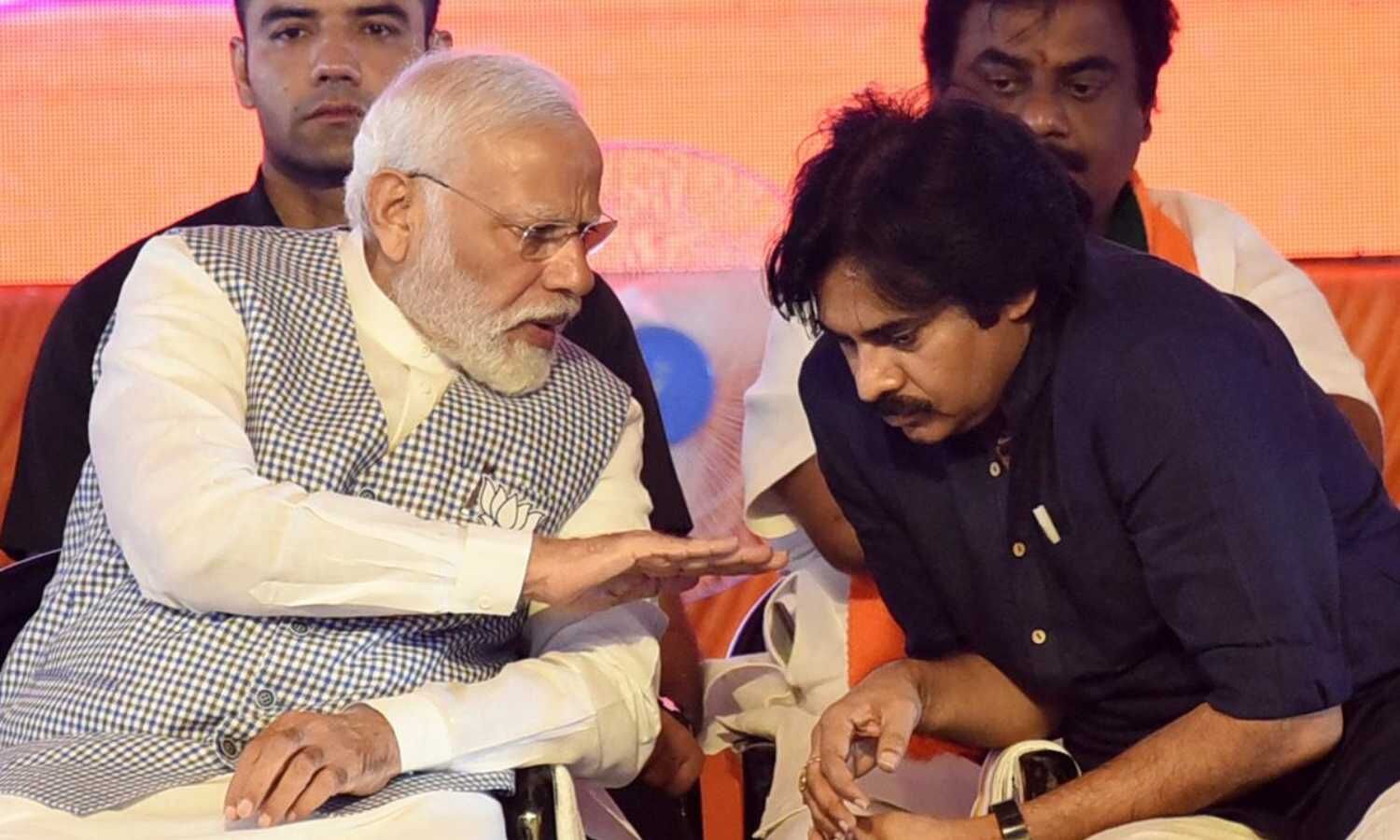
Jan 17, 2025
The Shifting Sands of Andhra Pradesh Politics: Analyzing BJP's Strategy and Pawan Kalyan's Role
As the political landscape in Andhra Pradesh evolves, it feels reminiscent of a riveting screenplay. Picture three larger-than-life characters jockeyi
11 Minutes Read

Jan 15, 2025
Understanding the Absence of Pawan Kalyan in Chandrababu Naidu's Davos Team
The recent announcement regarding Andhra Pradesh Chief Minister Chandrababu Naidu's upcoming trip to the World Economic Forum in Davos has raised ques
9 Minutes Read

Jan 15, 2025
Excitement Builds for Pawan Kalyan's 'Maata Vinali' from 'Hari Hara Veera Mallu'
In the heart of Telugu cinema, the anticipation for Pawan Kalyan's upcoming film 'Hari Hara Veera Mallu' has reached an all-time high, especially with
10 Minutes Read

Jan 15, 2025
Unveiling the Most Anticipated Telugu Films of 2025 on Streaming Platforms
The world of Telugu cinema is buzzing with excitement for the upcoming releases of Pawan Kalyan's 'OG' and Vijay Deverakonda's '#VD12'. With genres th
9 Minutes Read
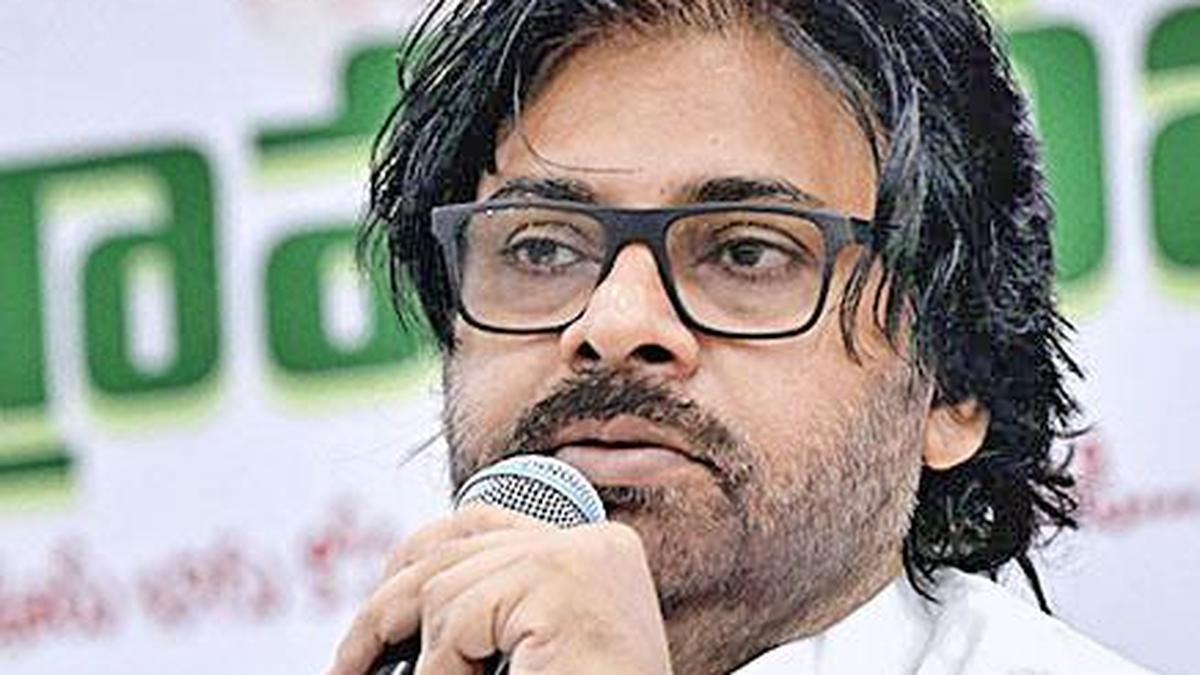
Jan 13, 2025
Transformational Changes in Andhra Pradesh: Achievements in Governance
In a recent announcement, Andhra Pradesh Deputy Chief Minister K. Pawan Kalyan shared his admiration for the substantial progress made by the NDA gove
9 Minutes Read
